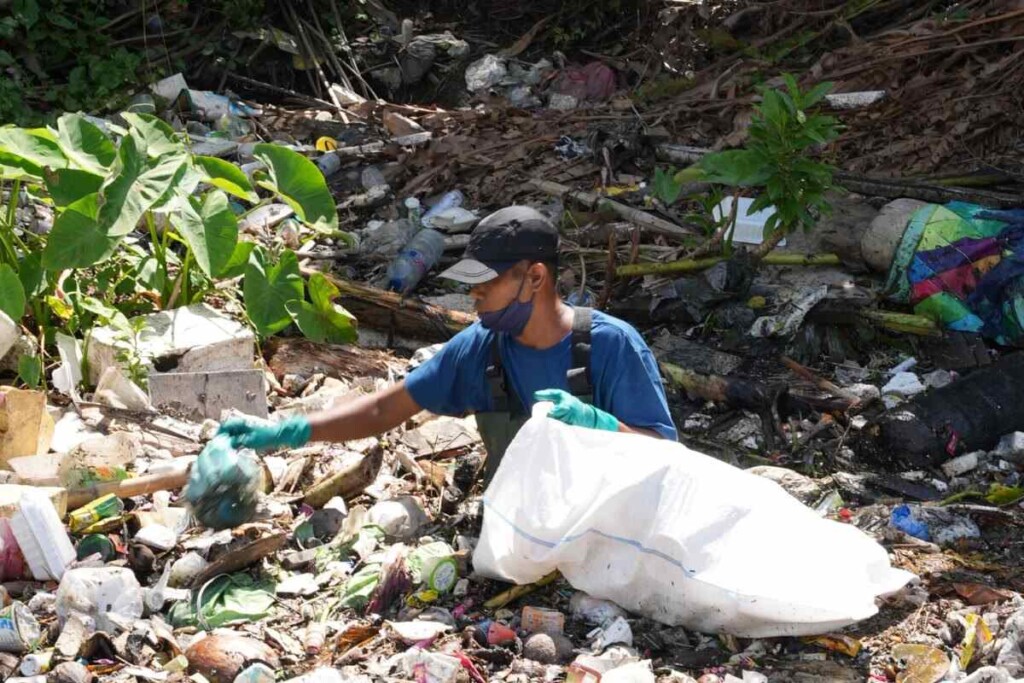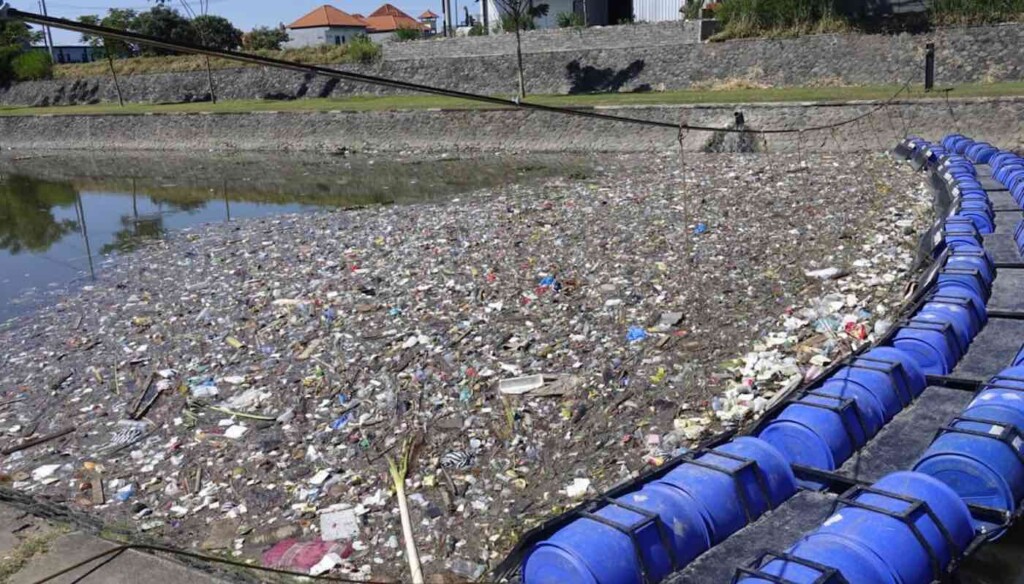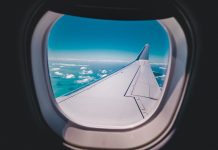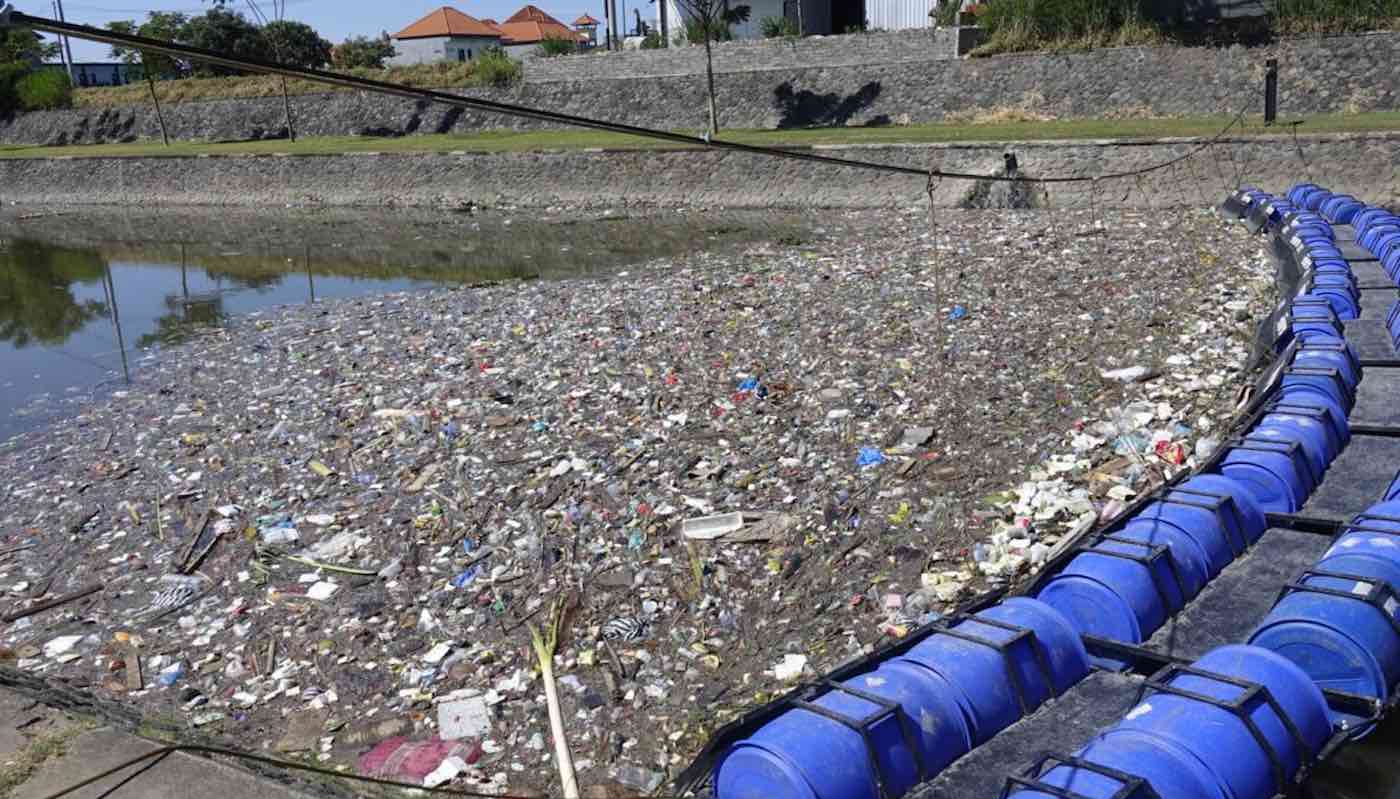
In Indonesia, the worsening plastic pollution crisis has led young Sam Benchegjib to start Sungai Watch – an environmental organization dedicated to keeping Indonesia’s waterways clean by installing river barriers to prevent plastic and other trash from entering the ocean.
An average of 2,000 kilograms (4,400 pounds) of plastic waste per week can leak into the ocean from just a single village. Proper management of plastic waste is lacking in coastal communities in the country, the No. 2 contributor to the ocean plastic crisis, pushing the government to vow $1 billion to cut 70% of its marine plastic waste by 2025.
With his two siblings, Benchegjib started Sungai Watch, in October 2020. They experienced many setbacks throughout the almost three years of building Sungai Watch, from the technology and equipment used in their barriers to staff shortages to learning how to scale the project. He says they’re still learning new things every day and continually improving our processes.
Sungai Watch has successfully cleaned several of Indonesia’s most polluted rivers and revived mangrove ecosystems that have been damaged because of plastic pollution, using a system similar to litter booms. So far, over 1.2 million kilograms (over 2.6 million pounds) of plastic waste has been collected from river systems and bodies of water.
“I grew up in Indonesia and saw that plastic pollution was getting worse and worse throughout the years,” Benchegjib said.
“I think that’s the beauty of being an entrepreneur and fighting an issue like plastic pollution, where new challenges and variables are always presented to you,” he said. “This has been a true-life school for us.”

MORE INSPIRED CLEAN-UPS: Australia Cut Plastic Waste on Her Beaches by Nearly One-Third Over Just 6 Years
Despite these challenges, they have removed over 1.2 million kg (over 2.6 million pounds) of plastic from Indonesia’s rivers, installed 180 trash barriers throughout Indonesia’s most polluted rivers, and have grown from a team of 3 siblings to 100 people full-time staff helping the mission to clean rivers.
“Some of our success stories include seeing fish populations return to what were once extremely polluted waterways, reviving mangrove forests after removing layers and layers of plastic, which were suffocating mangrove trees,” Benchegjib says.
MORE PLASTIC POLLUTION HEROES: The Guys Who Sell Ocean Plastic Bracelets Just Reached 30 Million Pounds of Waste Pulled From Seas
In certain rivers, they had to remove their barriers as they were no longer useful due to the lack of plastic pollution after working upstream with communities on education and raising awareness about properly managing waste at the household level.
Written by Latoya Abulu and Laurel Sutherland. Reprinted with permission from Mongabay – CC license




















